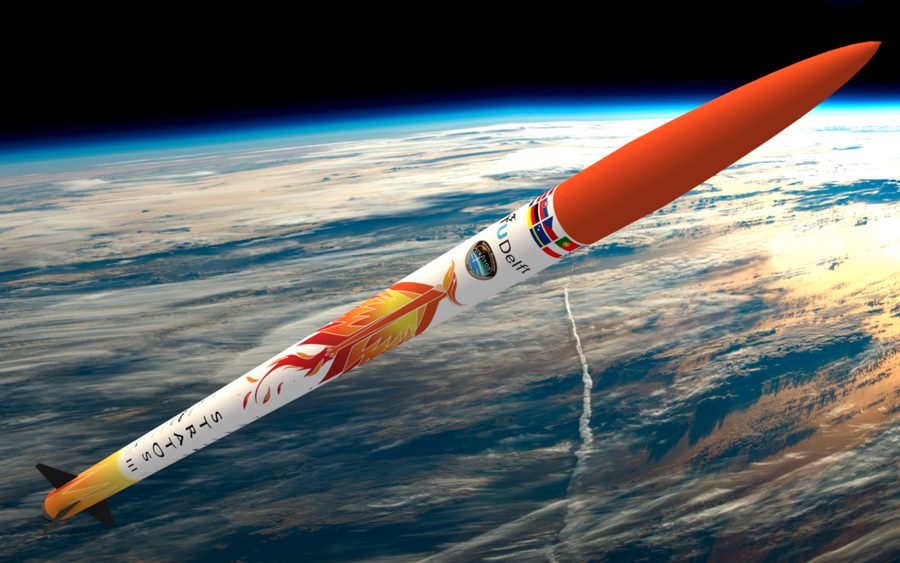Engine testing is done in the same way and for the same duration that will be needed during an actual launch. The idea is to replicate as close as possible how the engine will be used on a space mission. That is why there is a saying in the rocket business: “Test Like You Fly, Fly Like You Test”.
Because of the cost and risk associated with developing and testing an engine, a reliable test setup is vital. Maintaining system consistency and accuracy in a harsh environment is putting stringent requirements on the data acquisition equipment. DAQ systems must be able to record, display and process up to 2000 different parameters, varying from pressures, flow rates, vibrations and temperatures. Real-time sample rates may vary form 10 Hz to several kHz. The Q.series’s accuracy, flexibility and reliability makes it the data acquisition system of choice for world’s leading engine manufacturers and engine testing facilities.

Please read the full article on our measurement solution for rocket engine testing on page 76 in the Aerospace Testing International Showcase 2018.
More articles
PowerUp EV: Virtual Business Meet on EV Technology
Join us for PowerUp EV, a virtual business meet dedicated to exploring the latest advancements and trends in Electric Vehicle (EV) technology. Organized by Smart Energy Magazine the event is cosponsored by Gantner Instruments, a leading provider of testing solutions for the automotive industry, this event aims to bring together experts, professionals, and enthusiasts in the EV sector for insightful discussions and networking opportunities.
Read more...Portable and Mobile Data Acquisition Systems
There are many reasons for a flexible and robust measurement system that must be easy to transport to collect measurement data at different locations. These can be, e.g., short-term measurements on machines or plant components during commissioning after maintenance or recurring measurements on bridges or other engineering structures.
Read more...Gantner Instruments Presents Cryogenic Measurement Solutions for Hydrogen Technology
Hydrogen systems are a steadily growing field encompassing several technologies, such as liquefied hydrogen storage tanks, fuel cells, and cryogenic engines. These require meticulous temperature monitoring to ensure system integrity and performance. Operating in these low-temperature environments presents unique challenges, such as thermal contraction of materials, sensor self-heating, and the non-linearity of cryogenic sensors. Without accurate measurement, performance degradation and potential system failures become risks.
Read more...Test Measurement DAQ for SEDS sponsored by Gantner Instruments
Gantner Instruments, Inc. is proud to be a platinum sponsor of the SEDS-Students for the Exploration and Development of Space-organization at the University of California San Diego. Gantner Instruments provided the data acquisition system required for their Colossus Static Fire System Test Stand. This full test system is complete with Gantner’s Q.station PLC controller, precision DAQ modules for TC, Voltage, Current, Resistance and Pt100.
Read more...